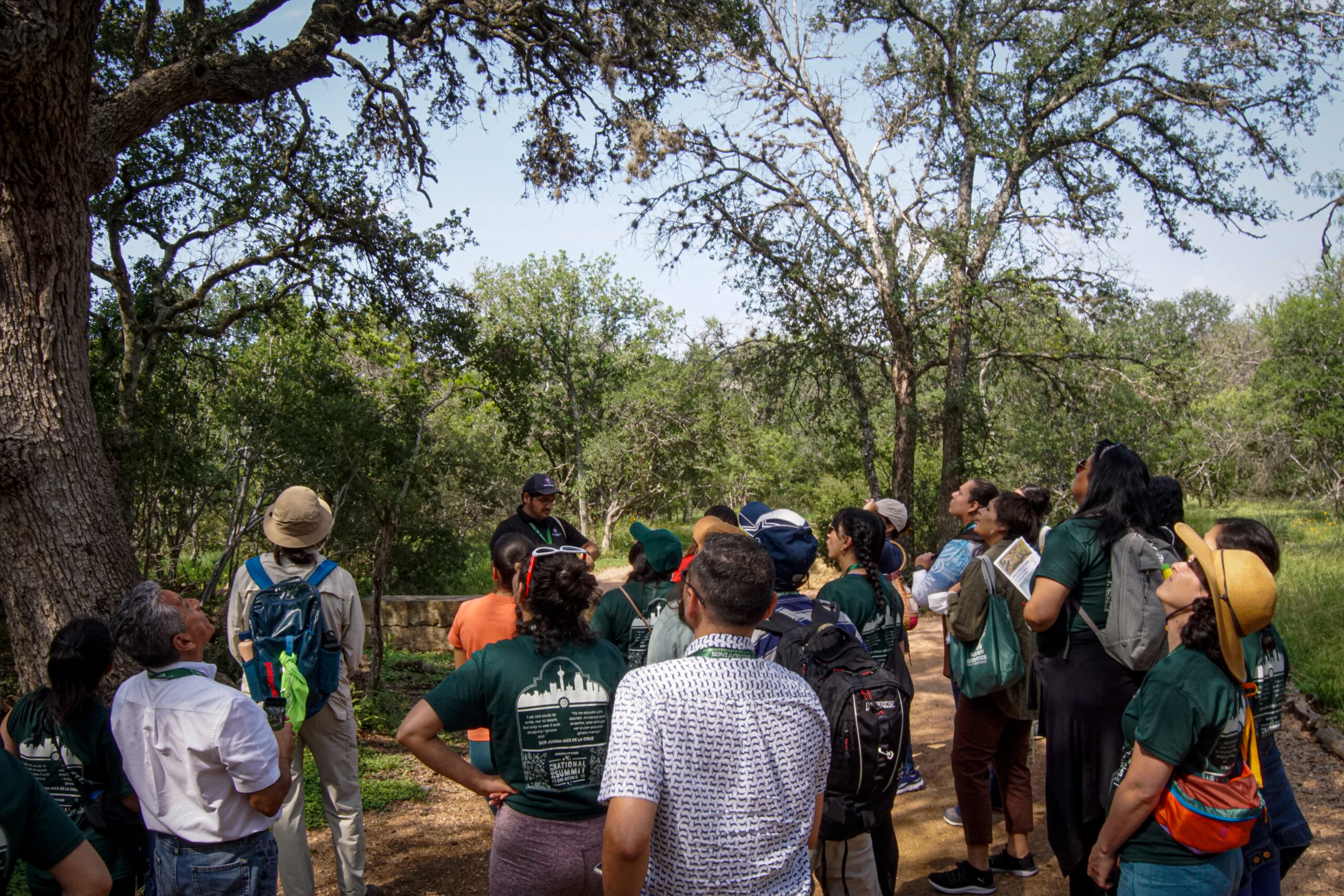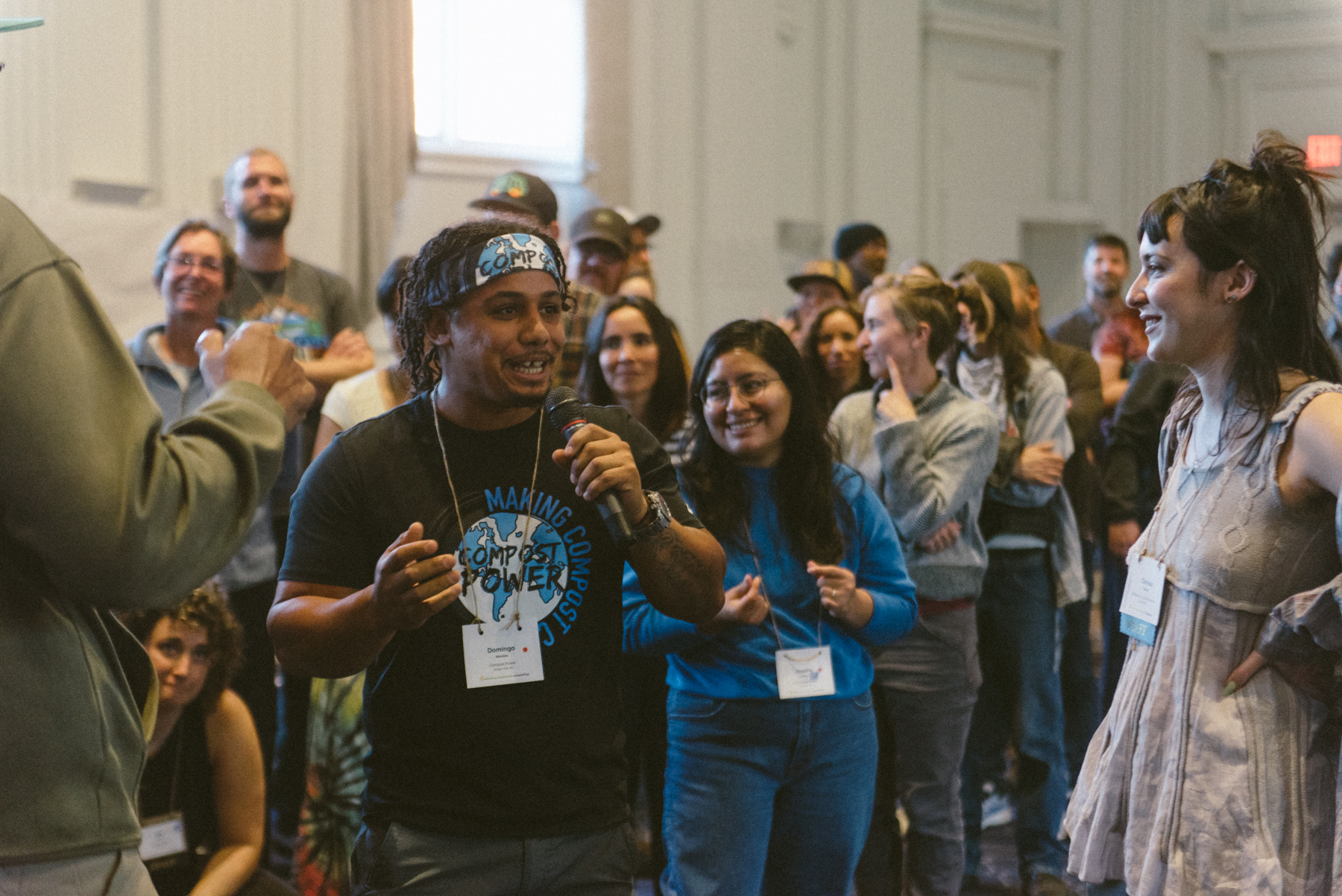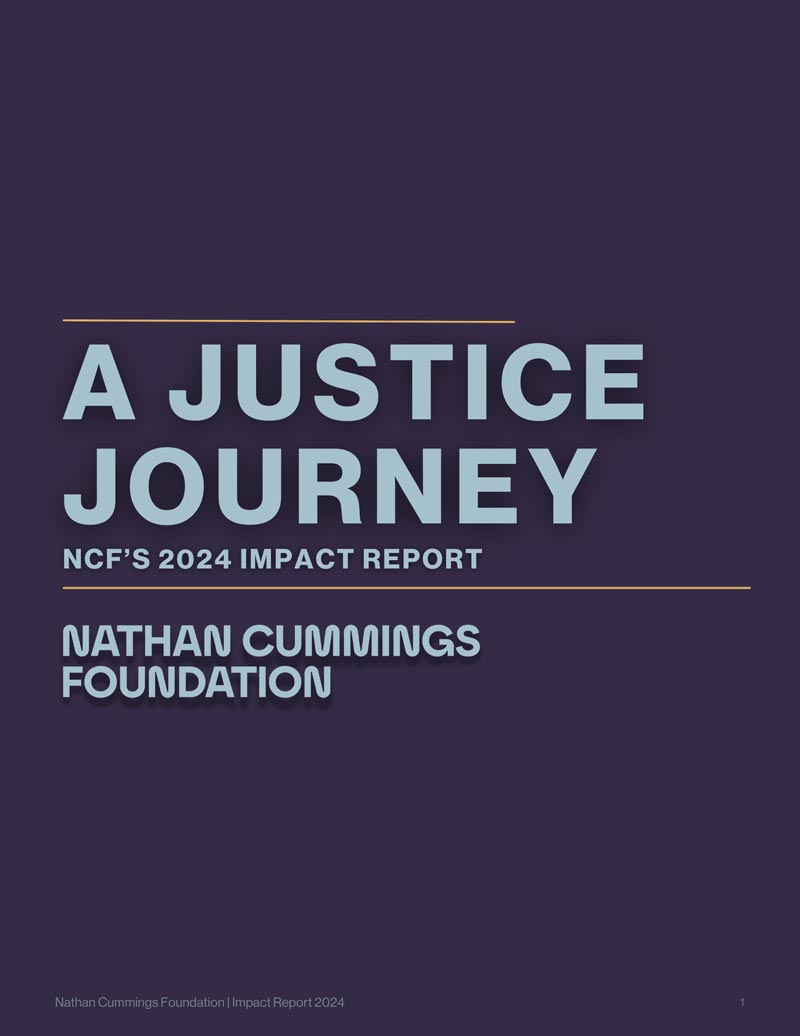Environmental justice is the right of all people and communities to a clean, healthy, and safe environment. It promotes equal environmental protection under the law and in fact. It empowers all communities to make informed decisions and fully participate civically and economically in the creation of environmental solutions.
NCF will continue to fund nationally, but has focused 40% of our assets on work in or focused on the U.S. South. Learn more here.



